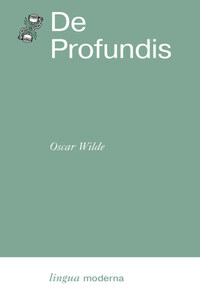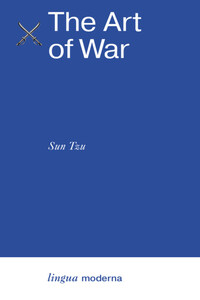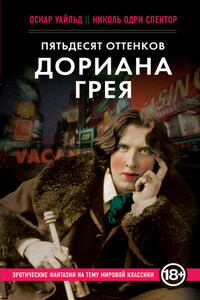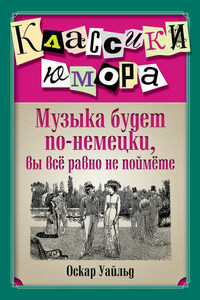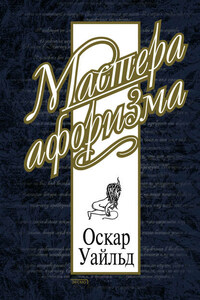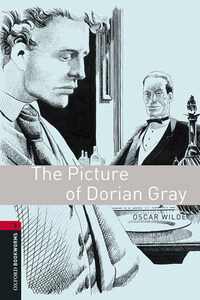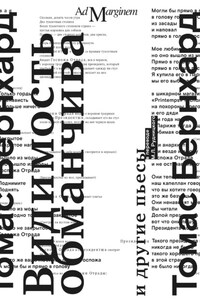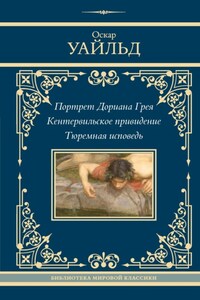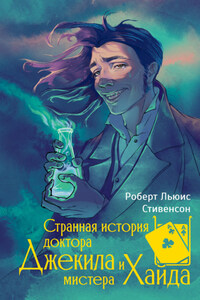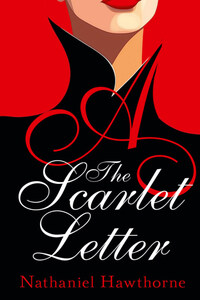MS B M.
[January-March 1897]
H. M. Prison Reading
Dear Bosie, After long and fruitless waiting I have determined to write to you myself, as much for your sake as for mine, as I would not like to think that I had passed through two long years of imprisonment without ever having received a single line from you, or any news or message even, except such as gave me pain.
Our ill-fated and most lamentable friendship has ended in rum and public infamy for me, yet the memory of our ancient affection is often with me, and the thought that loathing, bitterness and contempt should forever take that place m my heart once held by love is very sad to me: and you yourself will, I think, feel in your heart that to write to me as I lie in the loneliness of prison-life is better than to publish my letters without my permission or to dedicate poems to me unasked, though the world will know nothing of whatever words of grief or passion, of remorse or indifference you may choose to send as your answer or your appeal.
I have no doubt that in this letter in which I have to write of your life and of mine, of the past and of the future, of sweet things changed to bitterness and of bitter things that may be turned into joy, there will be much that will wound your vanity to the quick. If it prove so, read the letter over and over again till it kills your vanity. If you find in it something of which you feel that you are unjustly accused, remember that one should be thankful that there is any fault of which one can be unjustly accused. If there be in it one single passage that brings tears to your eyes, weep as we weep in prison where the day no less than the night is set apart for tears. It is the only thing that can save you If you go complaining to your mother, as you did with reference to the scorn of you I displayed in my letter to Robbie, so that she may flatter and soothe you back into self-complacency оr conceit, you will be completely lost. If you find one false excuse for yourself, you will soon find a hundred, and be just what you were before. Do you still say, as you said to Robbie in your answer, that I “attribute unworthy motives” to you? Ah! you had no motives in life. You had appetites merely. A motive is an intellectual aim. That you were “very young” when our friendship began? Your defect was not that you knew so little about life, but that you knew so much. The morning dawn of boyhood with its delicate bloom, its clear pure light, its joy of innocence and expectation you had left far behind. With very swift and running feet you had passed from Romance to Realism. The gutter and the things that live in it had begun to fascinate you. That was the origin of the trouble in which you sought my aid, and I, so unwisely according to the wisdom of this world, out of pity and kindness gave it to you. You must read this letter right through, though each word may become to you as the fire or knife of the surgeon that makes the delicate flesh burn or bleed. Remember that the fool in the eyes of the gods and the fool in the eyes of man arc very different. One who is entirely ignorant of the modes of Art in its revolution or the moods of thought in its progress, of the pomp of the Latin line or the richer music of the vowelled Greek, of Tuscan sculpture or Elizabethan song may yet be full of the very sweetest wisdom. The real fool, such as the gods mock or mar, is he who does not know himself. I was such a one too long. You have been such a one too long. Be so no more. Do not be afraid. The supreme vice is shallowness. Everything that is realised is right. Remember also that whatever is misery to you to read, is still greater misery to me to set down. To you the Unseen Powers have been very good. They have permitted you to see the strange and tragic shapes of Life as one sees shadows in a crystal. The head of Medusa that turns living men to stone, you have been allowed to look at in a mirror merely. You yourself have walked free among the flowers. From me the beautiful world of colour and motion has been taken away.
I will begin by telling you that I blame myself terribly. As I sit here in this dark cell in convict clothes, a disgraced and ruined man, I blame myself. In the perturbed and fitful nights of anguish, in the long monotonous days of pain, it is myself I blame. I blame myself for allowing an unintellectual friendship, a friendship whose primary aim was not the creation and contemplation of beautiful things, to entirely dominate my life. From the very first there was too wide a gap between us. You had been idle at your school, worse than idle at your university. You did not realise that an artist, and especially such an artist as I am, one, that is to say, the quality of whose work depends on the intensification of personality, requires for the development of his art the companionship of ideas, and intellectual atmosphere, quiet, peace, and solitude. You admired my work when it was finished you enjoyed the brilliant successes of my first nights, and the brilliant banquets that followed them you were proud, and quite naturally so, of being the intimate friend of an artist so distinguished: but you could not understand the conditions requisite for the production of artistic work. I am not speaking in phrases of rhetorical exaggeration but in terms of absolute truth to actual fact when I remind you that during the whole time we were together I never wrote one single line. Whether at Torquay, Goring, London, Florence or elsewhere, my life, as long as you were by my side, was entirely sterile and uncreative. And with but few intervals you were, I regret to say, by my side always.
